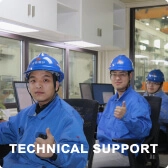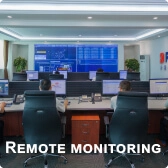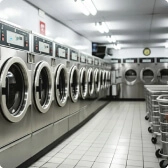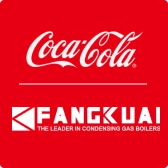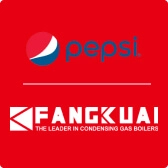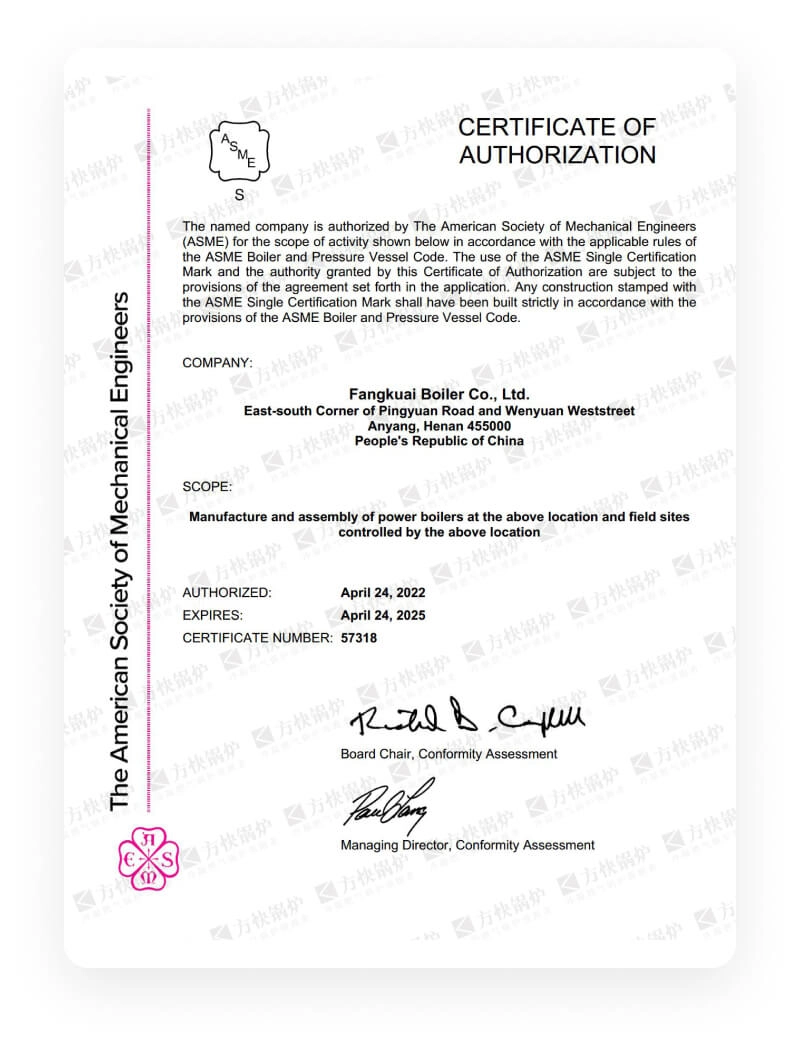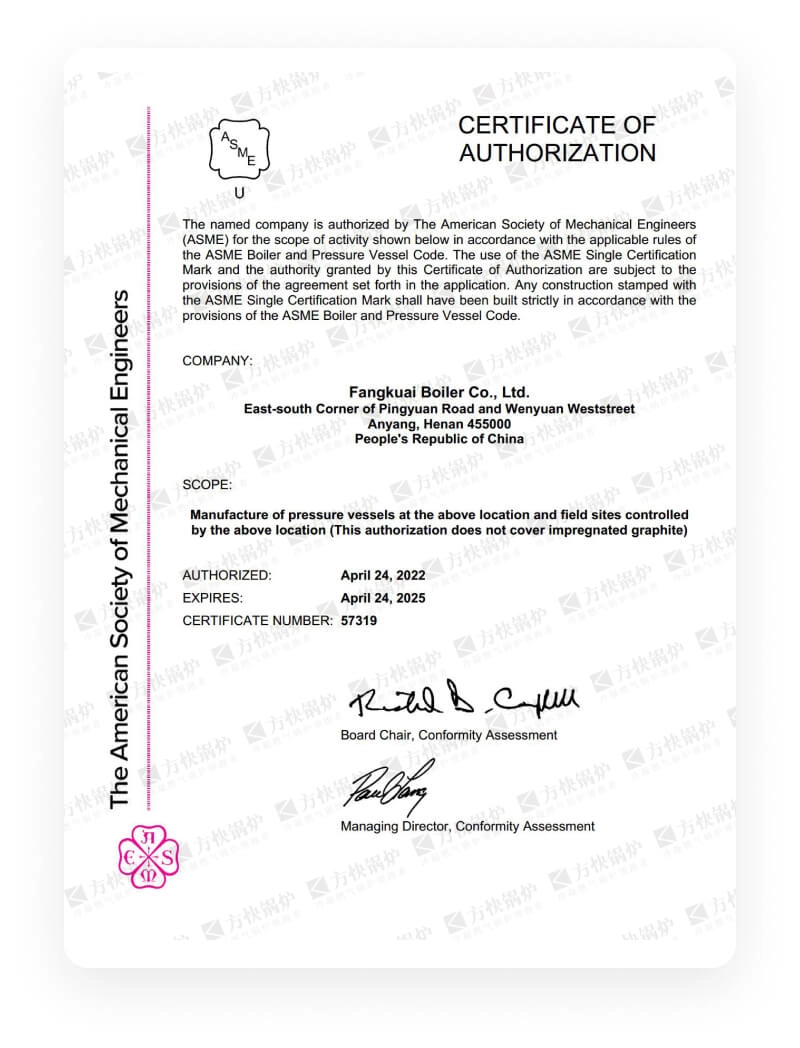Commercial Electric Boiler - Fangkuai Boiler
date: 2024-10-24
Page preview:
Commercial electric boilers have become a go-to solution for businesses and light industry. They deliver fast, reliable heat and hot water without burning fossil fuels, making them both energy-smart and eco-friendly.
What Is a Commercial Electric Boiler?
At its core, it’s simply a boiler powered by electricity instead of gas, oil, or coal. You’ll find three main types:
-
Hot-water boilers, which feed heating circuits or domestic taps
-
Steam boilers, for sterilization, humidification or process steam
-
Thermal-oil heaters, ideal when you need temperatures above boiling water
Structurally, you’ll see both vertical and horizontal layouts, plus some specialty units like electromagnetic-induction heaters or semiconductor-based boilers.
How It Works
-
Electric heating elements (think robust resistance wires or sealed heating rods) heat up when you switch on power.
-
Heat transfer happens through direct contact and convection, warming the water or oil inside until it reaches the set temperature.
-
Built-in controls monitor temperature and flow, so the boiler throttles power up or down to hit your target without wasting energy.
Why Companies Love Them
-
Ultra-fast startup: No long pre-heat times—power on and you’re up to temperature in minutes.
-
Zero onsite emissions: No flue gases, no soot, no smell—just clean, quiet operation.
-
Pinpoint control: Modern units can self-adjust output or even be managed remotely via a phone or PC.
-
Safe by design: Standard features include overheat shutoff, leakage detectors, and low-water protection—many models are even modular for quick swap-outs of parts.
Where You’ll Find Them
From hotels and hospitals to schools, shopping centers, and light-manufacturing plants, electric boilers handle:
-
Space heating
-
Domestic hot-water service
-
Process steam
-
Specialty applications (food prep, chemical baths, etc.)
Choosing the Right Boiler
-
Size up your load: Calculate peak heating or steam demand, then add a margin for safety.
-
Compare efficiencies: Look for models with smart controllers or adaptive power output—those can trim up to 20% off your electric bill.
-
Check the bells and whistles: Remote monitoring, self-diagnostics, easy-access panels—these features pay back in lower maintenance headaches.
-
Balance cost vs. quality: Don’t just chase the lowest sticker price—long-term reliability and service support are worth a bit extra.
By focusing on what your facility actually needs—and picking a boiler that matches your usage profile—you’ll enjoy clean, reliable heat with minimal fuss and top-notch energy performance.


